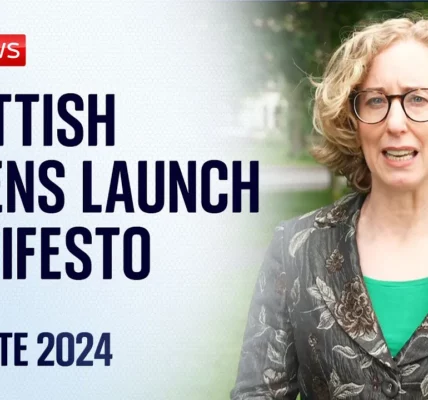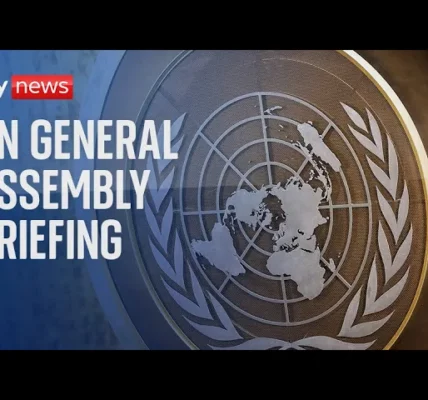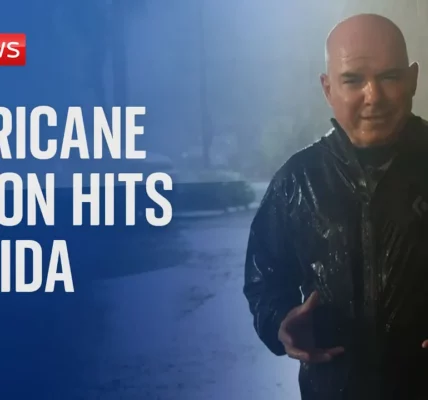The World Holds Its Breath: Israel’s Retaliation to the Iranian Missile Attack

As tensions escalate in the Middle East, Israel’s military actions against Hezbollah and the Iranian missile threat have captured global attention. This article delves into the latest developments and their implications for regional stability.
Introduction
The ongoing conflict between Israel and Iran has reached a critical juncture following a missile attack that has prompted Israel to retaliate with extensive military strikes against Hezbollah in Lebanon. This article explores the backdrop of these events, the immediate consequences on the ground, and the larger geopolitical implications. As the world watches closely, the situation remains fluid, with potential repercussions extending beyond the immediate region.
The Recent Missile Attack and Immediate Responses
On a significant day marked by heightened tension, Israel faced a missile attack that was reportedly linked to Iran. This incident has underscored the precarious security situation in the region, prompting an immediate response from the Israeli military.
Israeli Military Actions
In retaliation to the Iranian missile threat, Israel launched a series of air strikes targeting approximately 200 locations in Lebanon, specifically aiming at Hezbollah positions:
- Key military infrastructures were identified and struck to diminish Hezbollah’s operational capabilities.
- Reports indicated that significant explosions were heard in southern Beirut, highlighting the intensity of these strikes.
- Despite the destruction, Israel’s military claimed that many of the incoming missiles were intercepted, potentially mitigating further damage.
Casualties and Humanitarian Concerns
As a result of the air strikes, the World Health Organization reported that at least 28 health workers were killed in Lebanon within a 24-hour period. The humanitarian impact of the military actions has raised alarms:
- The situation in Palestinian refugee camps has also deteriorated, with reports of civilian casualties following Israeli air strikes.
- Humanitarian organizations have expressed concerns regarding the safety of civilians caught in the conflict.
The Broader Geopolitical Implications
The escalation in military actions has drawn attention from world leaders, prompting discussions about the implications for international relations in the region.
International Reactions
International responses to the escalating conflict have varied, with significant commentary from leaders such as President Biden:
- Biden indicated that he did not foresee immediate Israeli retaliation, suggesting a cautious approach to the unfolding events.
- Concerns were raised regarding the potential for a broader conflict if the situation continues to escalate.
Iran’s Position and Propaganda
Iran has responded to the conflict with strong rhetoric, vowing to demonstrate its military capabilities:
- Video footage released by the Iranian Revolutionary Guard showcased missile capabilities, reinforcing Iran’s military resolve.
- The propaganda war between Israel and Iran has intensified, with both sides utilizing media to project strength and defiance.
Local Voices Amidst the Conflict
The impact of the conflict is not just political; it reverberates through local communities affected by the violence:
Experiences of Residents in Affected Areas
In regions near the conflict zones, residents have shared their harrowing experiences:
- Many families have been forced to seek refuge in shelters as air raids intensify.
- Local leaders express a mix of fear and determination, emphasizing the need for defense against perceived threats.
Conclusion
The situation in Israel and Lebanon remains critical, with military actions continuing to unfold. As the world holds its breath in anticipation of Israel’s next moves, the humanitarian toll and geopolitical ramifications are becoming increasingly evident. The international community must remain vigilant and engaged to prevent further escalation and to support those caught in the crossfire.
For more insights on the ongoing conflict and its implications, explore our related articles on Middle East geopolitics and humanitarian issues.
“`




